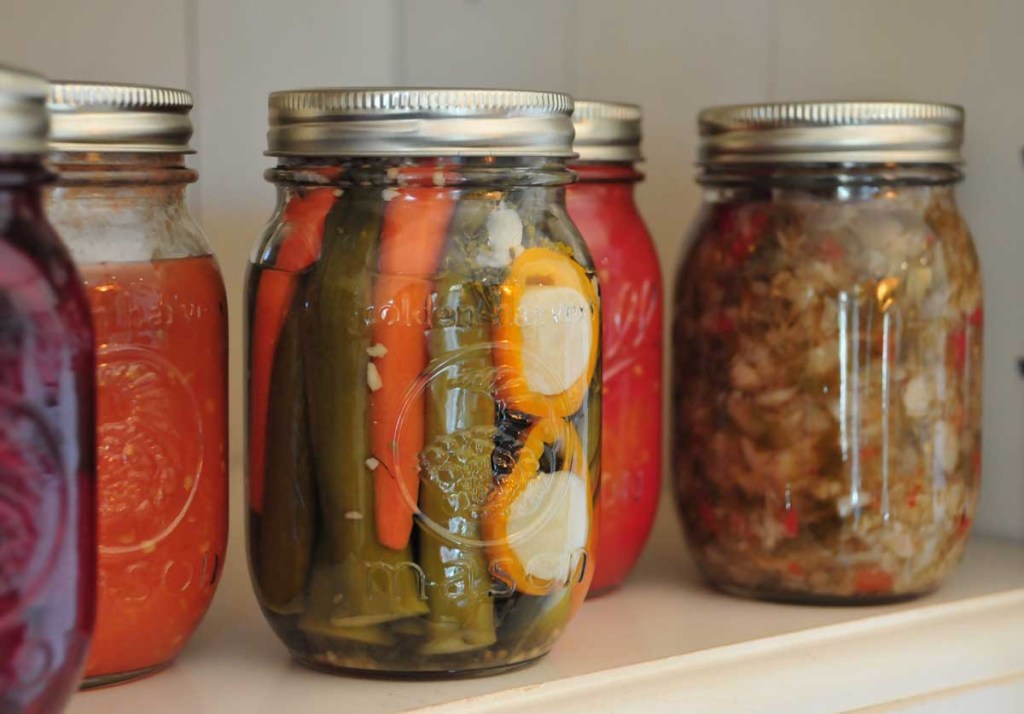Canned, frozen or dried: set yourself up for local food all year
Published 1:45 pm Wednesday, July 6, 2016

- Set yourself up for local food all year
This is a great time of year to stock up on vegetables and fruits.
Think of the the locally grown and sourced favorites you will miss once the season changes. If you are getting food to store by canning, freezing or drying, use the best quality food at the peak of the season.
Of course, there are a few things to consider before stocking up on food to preserve on your own.
Make sure you will have time to process the food promptly, ideally within 24 hours. Food quality deteriorates over time (moisture loss, enzyme action, bacterial growth). This is the best reason to use local food for preservation; the vast majority of the time you are getting it the day it was picked, and you can make arrangements with a local farm to ensure that.
Make sure you are following a recipe if you are canning, and regardless of your storage method make sure you have your equipment and other ingredients needed for storing.
What types of food will you want postseason and in what format? For example, if you never eat jelly, making 12 pints is superfluous, but freezing berries to add to hot cereal or yogurt parfaits may make more sense.
How much space do you have to store food? If you have limited freezer space, canning or drying may make more sense.
Make sure you are following tested, up-to-date (1994 or newer) methods and recipes. If you are canning, always use a recipe. Botulism can be “caused by home-canned foods with low acid content, such as asparagus, green beans, beets and corn”, according to the North Dakota Department of Health. Around 110 cases of botulism are reported each year in the United States, with only 25 percent of those caused by food. The North Dakota Department of Health recommends that home-canned foods should be boiled for 10 minutes before eating to kill the toxin.
For freezing and drying, follow tested methods to ensure the best quality over time. Freezing vegetables can be as easy as putting some washed and trimmed vegetables in the freezer, but if you are hoping to store vegetables to use more than a few weeks out, the quality will be much better if you blanch the vegetables for a set amount of time.
Blanching the vegetables will stop the enzyme action that would cause vegetables to ripen and eventually rot. Though the vegetables will not rot in the freezer, the enzymes would cause the vegetables to change color and taste over time, making the final product less desirable. If you are investing in high quality food, it is well worth it to follow proper instructions to maintain the quality over time.
Kivett writes for the Plattsburgh, New York Press-Republican.


